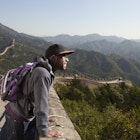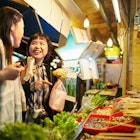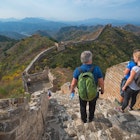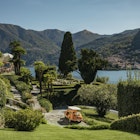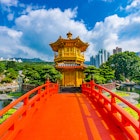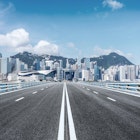Lonely Planet's Managing Editor of Destinations Content, Alexander Howard, recently traveled to Hong Kong. Here, he shares some tips and insights for anyone planning a similar trip.
Hong Kong and I go way back. Several years ago (more than I'd like to admit), I visited as a college freshman and fell in love with the city – its neon-washed alleyways, kaleidoscopic street markets and the nonstop Lan Kwai Fong nightlife.
So for this trip, I was eager to see how Hong Kong had evolved. I wanted to revisit the familiar streets and sights that had left an indelible mark on my early travels and to experience the city from a new perspective.
Where did you stay? What was the vibe?
I stayed at the Prince Hotel in Tsim Sha Tsui. Situated near the Kowloon waterfront, just a block away from a convenient Mass Transit Railway (MTR) stop, the hotel was an excellent location for exploring the city. The Prince caters to both business and leisure travelers, so the decor leans towards the inoffensive. It's forgettable, yet professional. Generic abstract paintings meet bold accent walls in green, red, or yellow. The breakfast buffet was a good way to start the day, mixing both Western-style items like eggs and bacon and Eastern-style food in the form of steamed buns and noodles. A room with harbor views is worth the extra expense.
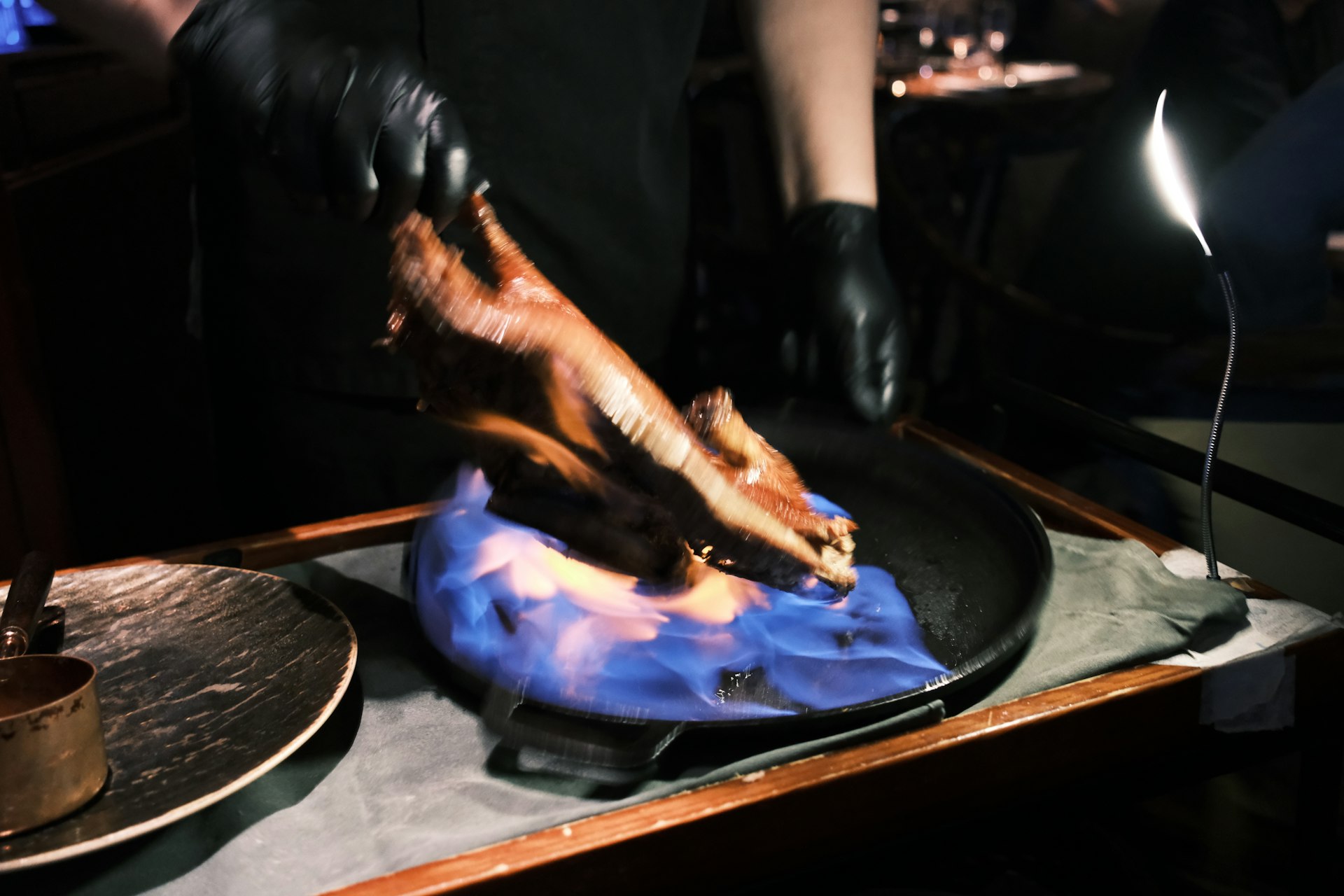
Best thing you ate?
In a city as well known for its food, this question is a bit like asking to choose your favorite child. If I had to choose, I'd pick Hutong. Located on the 28th floor of the H Zenter building high above Tsim Sha Tsui, Hutong is one of Hong Kong's most popular restaurants. The restaurant's design blends traditional Chinese aesthetics and modern style: dark wood tables and fixtures resemble the eponymous alleyways found in Beijing, and expansive windows frame stunning views of the Hong Kong skyline and harbor. The view is especially enchanting during the city's nightly 8 pm light display.
The culinary star of the show is the Peking duck, finished at the table in a dramatic bath of flames. The perfect balance of crispy skin and tender, flavorful meat, the duck was served with the traditional thinly sliced cucumbers, scallions, a sweet and tangy duck sauce, and soft, warm Chinese pancakes. There were supporting roles for delicious dim sum (served anytime), crispy red lantern soft-shelled crab with Sichuan dried chili, and bok choy poached in fish broth.
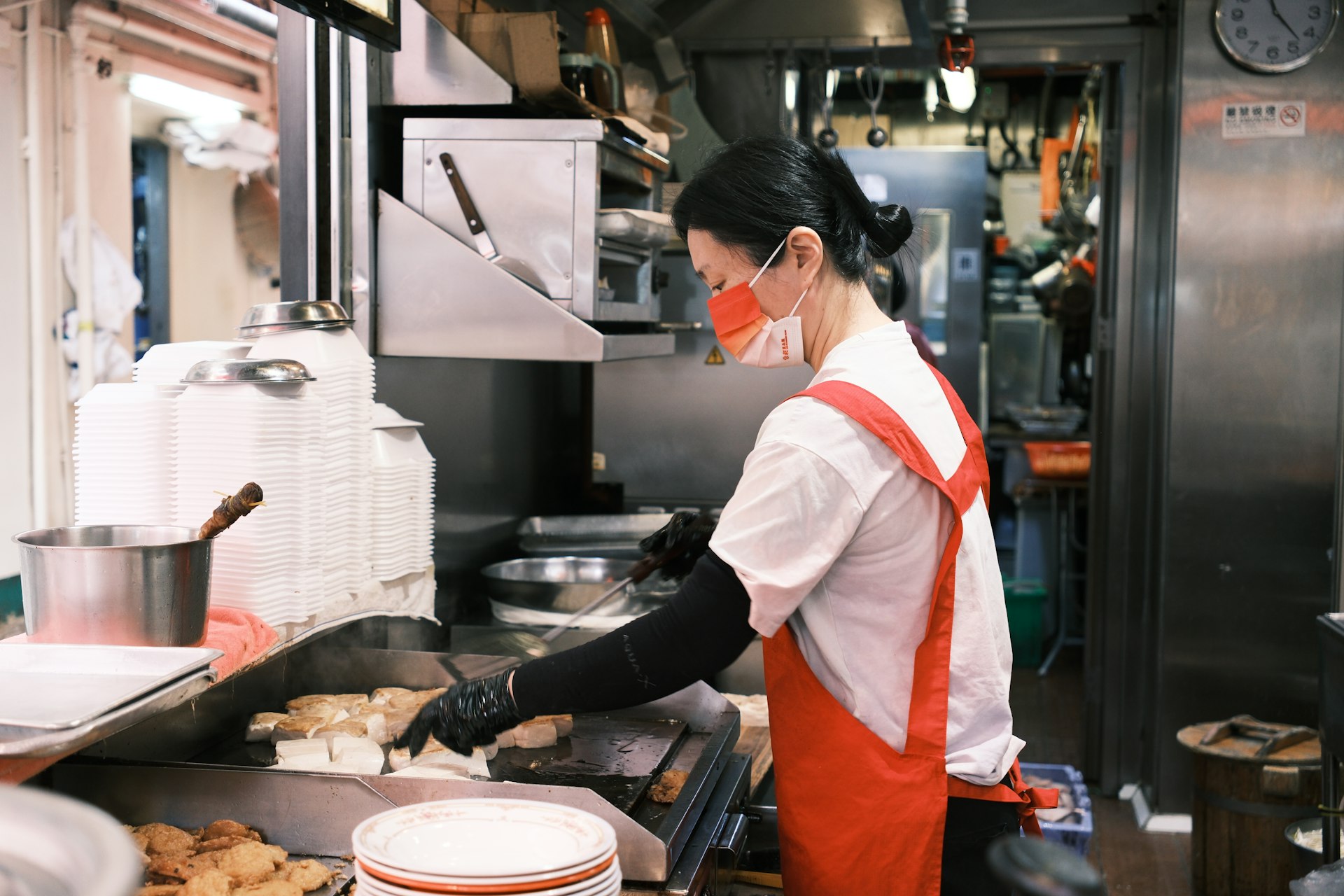
What was the most under-the-radar activity you enjoyed?
Wandering through the historically working-class neighborhood of Sham Shui Po. Far from the glitz of the central districts, this area is where traditional trades and communities continue to survive amid the city's rapid modernization.
My visit included a stop at Kung Wo Tofu Factory, a humble yet Michelin-starred eatery that has been perfecting bean curd dishes for more than 60 years. Their bean curd pudding, a simple but iconic dish, a silky, delicate dessert made from coagulated soy milk, highlighted the area's culinary heritage – one that thrives without the need for extravagance. I added a heaped spoonful of pink cane sugar for added sweetness.
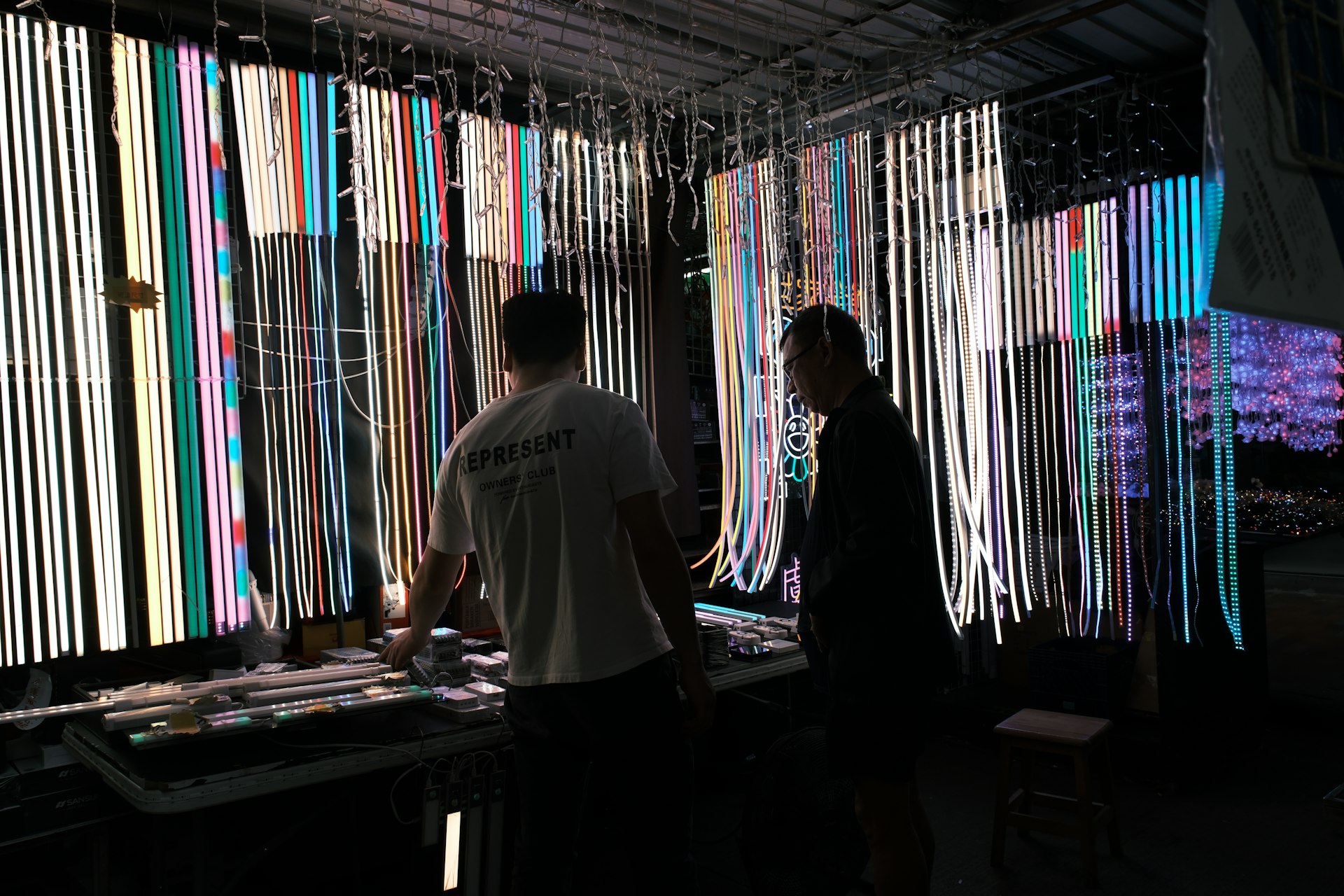
Sham Shui Po's markets and shopping centers are another reason to visit. Lively Apliu Street Flea Market was an interesting area to stroll, especially once Hongkongers had finished work. and were ready to bargain. Selling everything from tools and lights to various knickknacks, the market offered a glimpse into the everyday lives of Hong Kong's residents.
Toy Street was a playful contrast to the more practical offerings. This market street, lined with stalls selling trinkets, was awhir with the sounds of beeping toys, chirping plastic animals and locals making purchases. It's a spot where both kids and adults can find something to spark their curiosity. Indeed, I found a plastic robot with light-up eyes that was a hit with my four-year-old son back home.
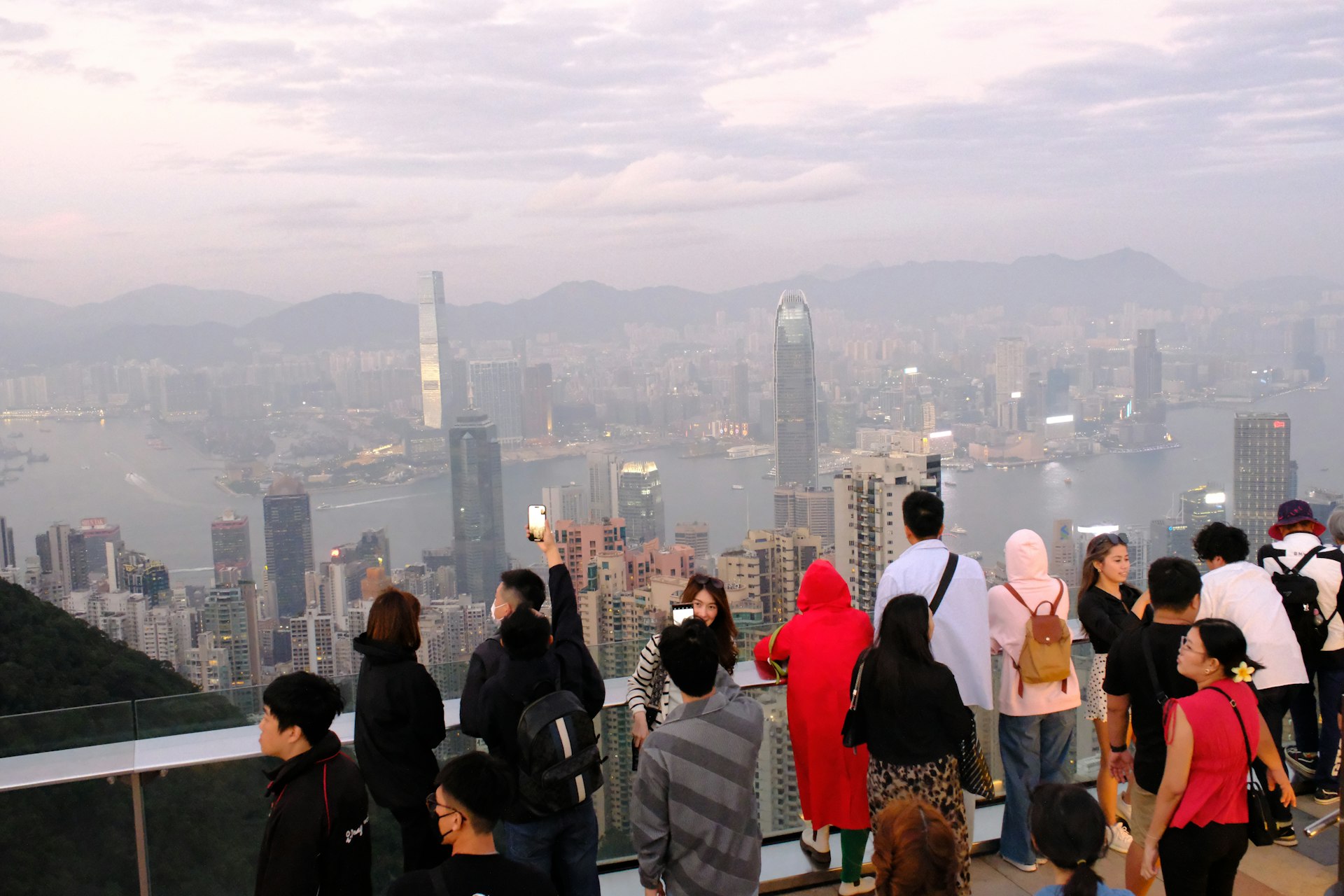
What was the most touristy thing you did?
I rode the Peak Tram to Victoria Peak, something of a rite of passage for visitors. Operating since 1888, it's one of the world's oldest funicular railways. The steep incline from 28m (92ft) to 396m (1299ft) is quite the engineering feat. However, the experience was somewhat diminished by the crowds and commercial atmosphere at the peak – there's a Bubba Gump Shrimp restaurant and Madame Tussauds at the top, which gives you a sense of what to expect. Then the view from the peak, while pleasant, doesn't necessarily live up to the hype. To catch a glimpse of the cityscape, you might have to wedge between throngs of visitors.
For those looking for a quieter yet equally rewarding experience, I'd suggest an alternative: seeing the sunrise from Lugard Road. Take a taxi to Victoria Peak, and then follow Lugard Road as it winds its way along the northern side of the mountain. It's a much more peaceful way to enjoy the stunning views of Hong Kong's skyline as it transitions from the cyberpunk night of LED signage and glassy skyrises to a quiet city waking up.
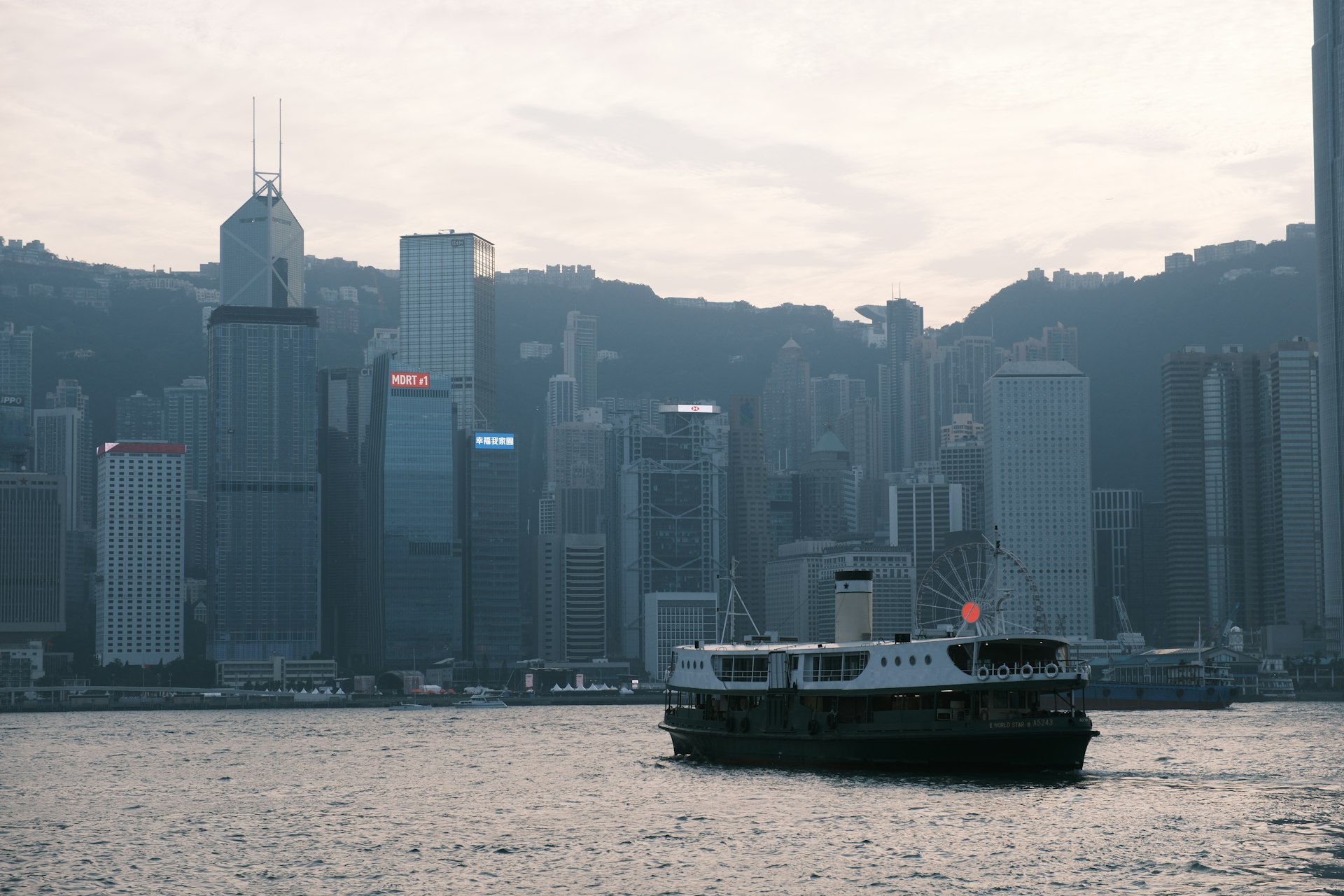
What was your favorite way to get around?
Hong Kong has a bunch of great ways to get around, but my favorite is the Star Ferry. It has served as a practical link between Hong Kong Island and Kowloon since 1888, long before the construction of more modern connections. A ride isn’t just about the history; it's also about efficiency and unbeatable views. Crossing Victoria Harbour is a quick yet scenic look at the city's skyline and surroundings, and it's just HK$4 (around US$0.50) one way for the lower deck.
This ferry isn't a luxury cruise – it's a workhorse of public transport. It’s reliable and straightforward but its affordability and frequency make it a smart choice for anyone moving between the island and the mainland. Each ride was also a chance to take a breather from the fast-paced city.
What should travelers know when visiting Hong Kong?
Most international travelers arrive via Hong Kong International Airport, which serves over 100 airlines, including Hong Kong–based Cathay Pacific and the cheaper Hong Kong Airlines, as well as major US carriers like American Airlines and United. US travelers can find nonstop routes from Boston, LA, New York, Chicago, and San Francisco. Nonstop flights from Europe originate from London, Frankfurt, Amsterdam, and others.
From the airport, the most convenient option is the Hong Kong Mass Transit Railway's (MTR) Airport Express, a rail that shuttles passengers from the airport to stops at Kowloon (HK$185 round trip) and Hong Kong Island (HK$205) in as little as 24 minutes. Catch up after your flight with the free on-board wi-fi.
Grab an Octopus card to navigate the city's public transportation more easily. Accepted on buses, trams, ferries, and the MTR (Mass Transit Railway), this convenient, rechargeable card makes it a hassle-free way to travel around the city.
While Uber operates in Hong Kong, rideshares are illegal if the driver has no permit. An interesting feature of the app is the ability to request a regular licensed taxi, which allows for cashless payment – a notable benefit since most taxis in the city are cash-only. However, this convenience often comes with a higher price tag compared to hailing a traditional metered taxi on the street.
Hong Kong is almost always humid, especially in the summer months. Even in late November, I found myself sweating while walking around town in jeans and a t-shirt. Lightweight, breathable clothing will make your explorations more comfortable.
Cash is king in smaller establishments. While many places accept credit cards, smaller shops, local eateries, and markets often prefer or only accept cash.
Alexander traveled to Hong Kong by invitation from the Hong Kong Tourism Bureau. Lonely Planet contributors do not accept freebies in exchange for positive coverage.

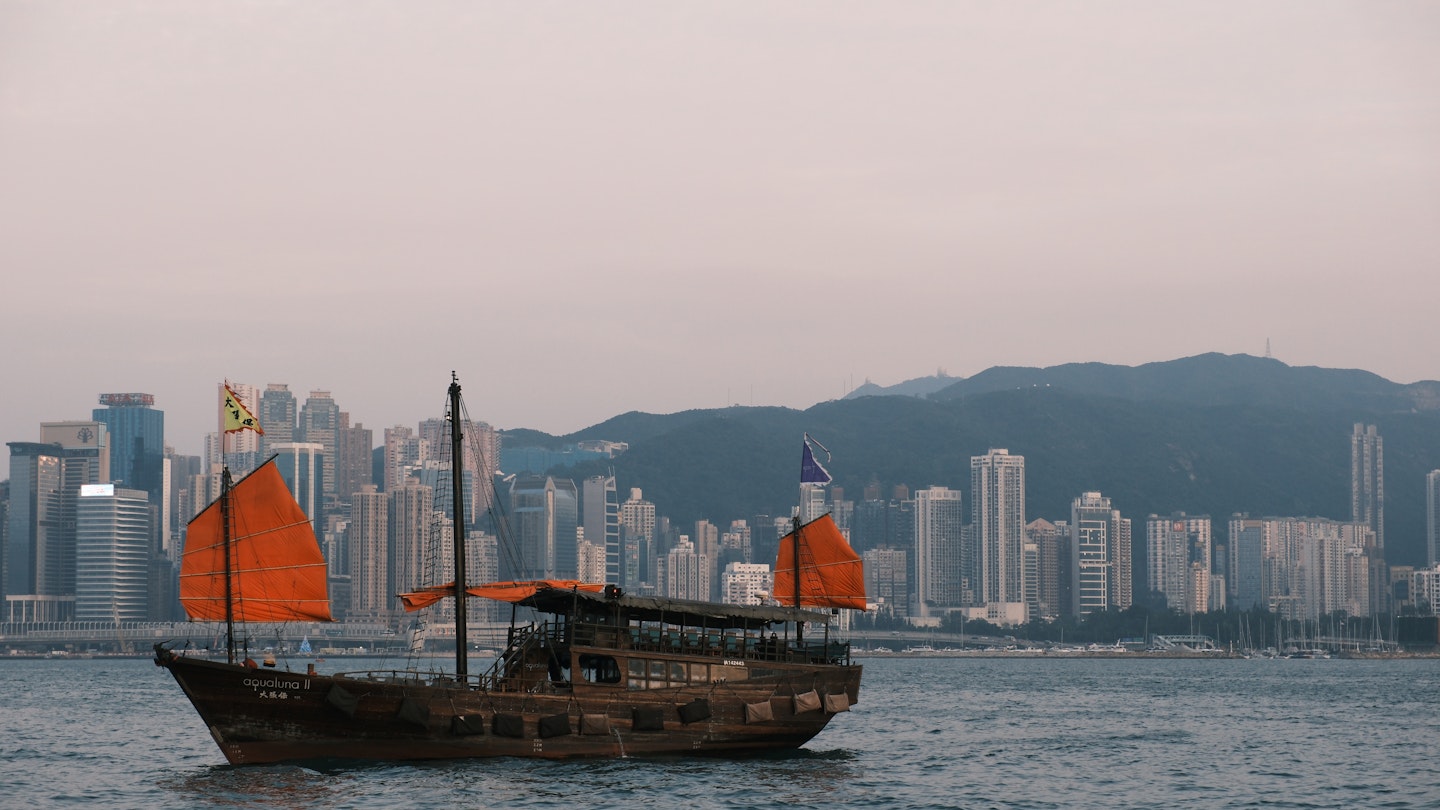
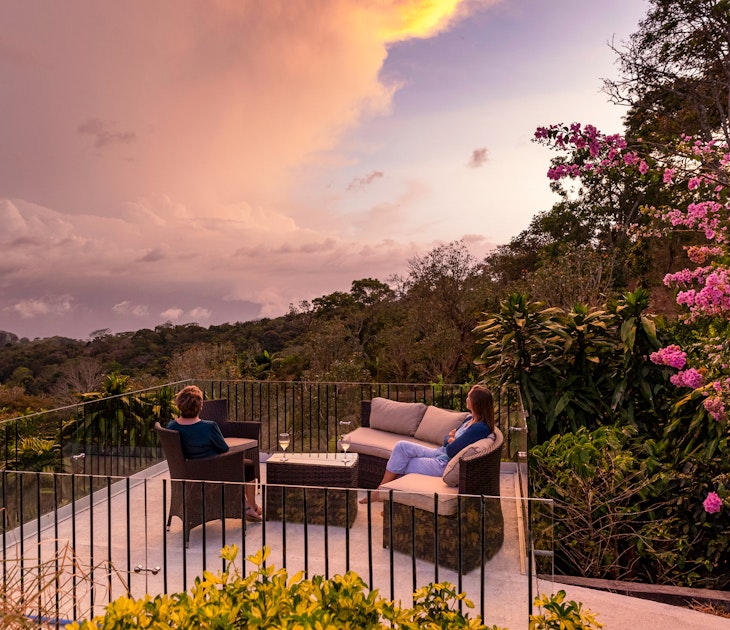
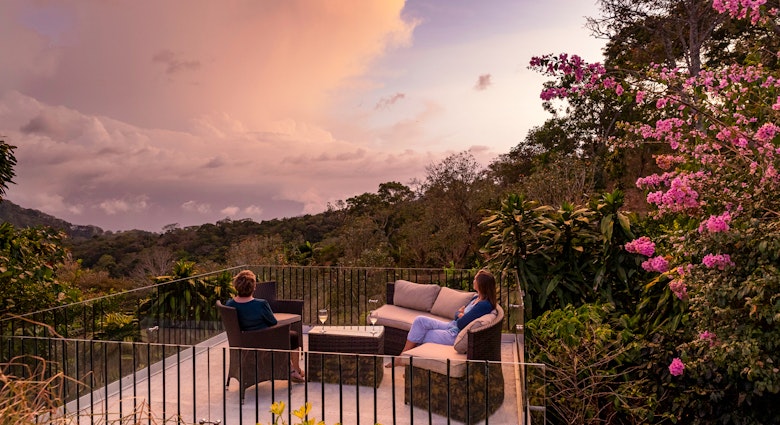
.jpg?auto=format&w=140&h=140&fit=crop&q=75)
